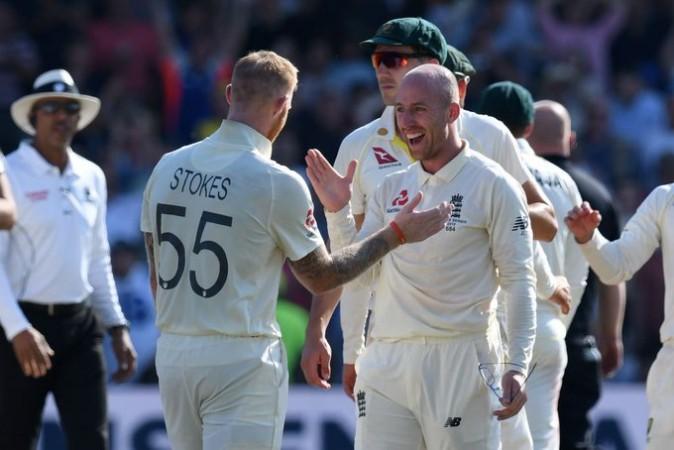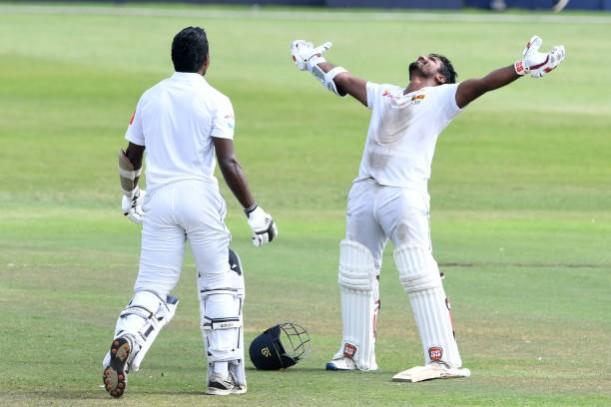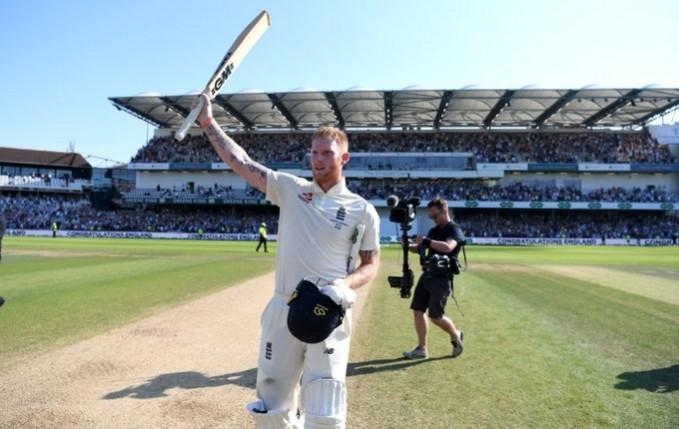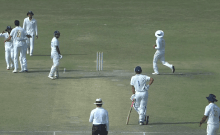
The cricket world is in a state of frenzy after witnessing the miracle in the third Ashes Test at Headingley. Many fans and experts are deeming Ben Stokes' knock as the greatest ever in Test cricket history. No less a person than Sir Geoffrey Boycott has said that Stokes' knock was the finest ever he has witnessed in his many decades of watching cricket.
But some people have expressed a differing opinion. They have argued that Kusal Perera, the Sri Lankan batsman, played an even better innings earlier this year. This innings came in the first match of a two-Test series played in February. Sri Lanka were chasing a target of 304 and were in a lot of trouble at 226/9.
But thanks to Kusal Perera's 153 not out, they won the match by one wicket. So, who played the better innings: Perera or Stokes? Let's try and find out the answer by looking at the facts.
Length of the innings
Stokes made 135 runs from 219 balls while Perera scored 153 from 200 balls. So, while Perera had more runs, Stokes had to battle it out for a longer time.

Support from no. 11
The partnership between Stokes and the last batsman Jack Leach was worth 76 runs when they needed 73 to win. On the other hand, Perera added 78 runs, the amount required, with his no. 11 colleague Vishwa Fernando. Leach faced 17 deliveries and scored 1 run while Fernando dealt with 27 balls and scored 6 runs. The partnership between the Sri Lankan pair lasted for 95 deliveries while the English last wicket duo had to be out there on the pitch for 62 balls.
Quality of opposition bowling attack
The South African bowling attack that Perera negated had Dale Steyn, Kagiso Rabada, Vernon Philander, Duanne Olivier and Keshav Maharaj. Stokes' opponents were Josh Hazlewood, Pat Cummins, James Pattinson and Nathan Lyon. The South African pace attack looks the better one, hands down. It had the best fast bowler of the century in Dale Steyn, the man who could take that title in the future – Kagiso Rabada, and three other highly capable men.
But it must be remembered that Steyn was a shadow of his former self. Compared to them, the Australian bowlers had just bowled out their opponents for 67 in the same Test. So, it is hard to say which attack was more difficult to deal with but one may just tilt towards Australia's.

Pitches in the two games
When it comes to pitches, some people may look at the scorecard and deem the wicket in Headingley as very tough for batting. However, on the third and fourth day, the conditions had become very batsmen-friendly and there was no assistance to the bowlers. Even Nathan Lyon was struggling to be sharp due to no footholes outside the right-hander's off-stump. So, even with the conditions, it's hard to say who faced the tougher odds.
The occasion
This is where Stokes has a clear advantage. The Ashes is the biggest series for the two teams involved whereas Sri Lanka vs South Africa has never been a big contest. The English all-rounder was batting in front of a raucous full-house and with the revered urn on the line. If England had lost this match, Australia would have retained the Ashes. There was no such pressure on Perera. On this parameter alone, one can give the advantage to Ben.

Conclusion
It is very hard to decide on the basis of the facts, who played the better innings. However, the atmosphere at the two venues was completely different. For some unexplainable reason, the innings by Stokes seemed much more powerful and dazzling than that by Perera. Is it just an optical illusion? One can make that point but playing on a bigger stage also means there is greater pressure. Stokes handled that pressure brilliantly. Still, the Sri Lankan left-hander also would have had pressure on him.
So, in conclusion, it's up to you to decide which innings you consider as the better one.












